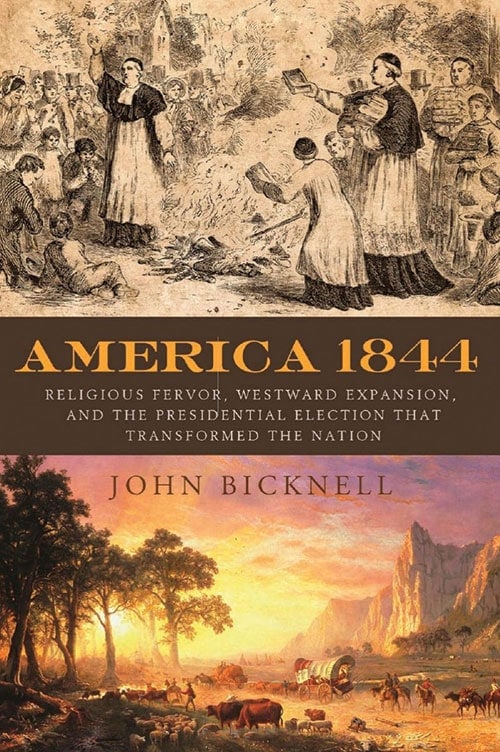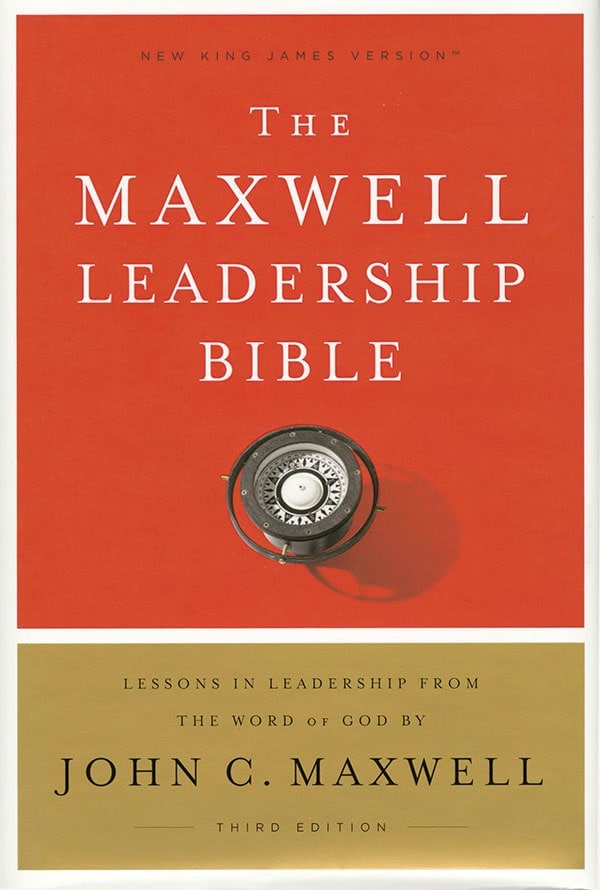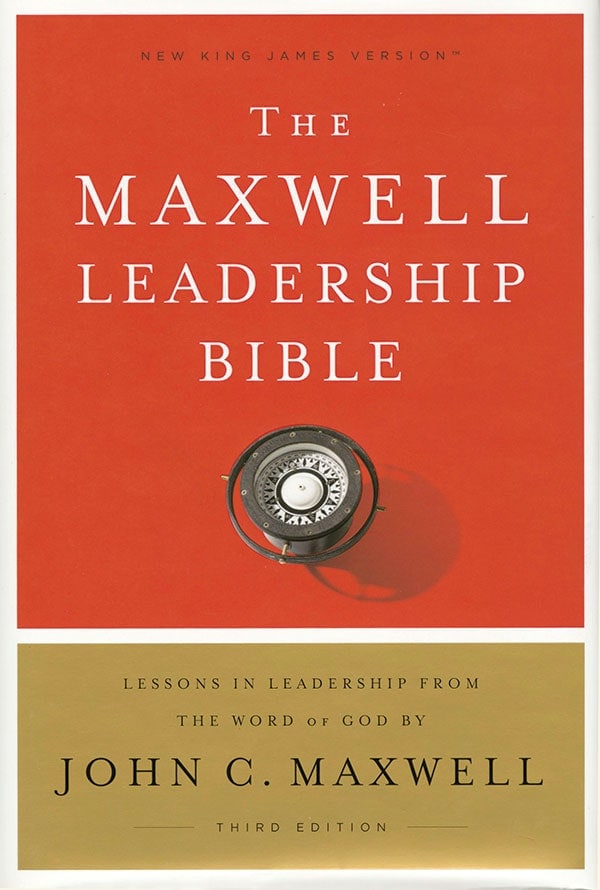
 America 1844: Religious Fervor, Westward Expansion, and the Presidential Election That Transformed the Nation. John Bicknell, Chicago Review Press, 2015, 305 pages. Hardcover, US$26.95. Reviewed by Stephen Chavez, Adventist Review.
America 1844: Religious Fervor, Westward Expansion, and the Presidential Election That Transformed the Nation. John Bicknell, Chicago Review Press, 2015, 305 pages. Hardcover, US$26.95. Reviewed by Stephen Chavez, Adventist Review.The year 1844 figures prominently in Seventh-day Adventist history and identity. To most people 1844 is merely a 12-month intermission between 1843 and 1845. But we Adventists see 1844, and a cast of characters that includes William Miller, Joshua V. Himes, Joseph Bates, and James and Ellen White, as a pivotal moment in sacred as well as secular history.
When a friend who knows that I’m a Seventh-day Adventist received this book for Christmas, he lent it to me, thinking I would enjoy reading a historian’s take on a seminal year in United States history. My friend nailed it.
America 1844 is a fascinating book about a fascinating year in United States social, religious, and political history. Its author, John Bicknell, is a journalist who has written for the Congressional Quarterly and Roll Call. His articles have appeared in the Washington Post and USA Today.
In Bicknell’s skillful retelling of the important events of 1844 William Miller and his followers are significant figures. But they have to share the stage with such historic figures as U.S. president John Tyler, presidential candidate James K. Polk, explorer John C. Fremont, inventors Charles Goodyear and Samuel F. B. Morse, U.S. senator Henry Clay, Mormon pioneers Joseph Smith and Brigham Young, and many others who made headlines that year.
America 1844 is not a new release. First published in 2015, its relevance continues. The events portrayed are historical, and many of the persons and events described influence our society still. The book does an admirable job describing their significance then and their lasting effects now.
For Adventists, perhaps the most useful takeaway is that the events of our early history didn’t happen in a vacuum. We like to imagine that William Miller and his predictions about prophecy captured everyone’s attention and monopolized headlines in every newspaper. In fact, Miller’s was just one of many voices trying to be heard in 1844. Yes, he had supporters; yes, he had critics. But while many people heard of him, many others had no opinion about him or his message.
One would expect a journalist to tell all sides of a story, and this author does. Millerite Adventists (remember, there were no Seventh-day Adventists until 1860) are treated fairly and sympathetically in America 1844. So are Mormons, politicians, and other public figures.
Adventists who read this book will probably be reminded how many more still need to hear our voice and understand our message.
 God’s Word for Leaders
God’s Word for Leaders
When a review copy of this book landed on my desk I thought, Great! Just what the world needs: another study Bible!
Christian bookstores have no shortage of study Bibles. There are study Bibles for men, women, teens, young adults, athletes, grandparents, you name it. One can only wonder how many more study Bibles Christendom can absorb.
But a quick look at The Maxwell Study Bible reveals it to be a book with a significant contribution to contemporary Christianity: counsel about how to be more effective leaders. This is not just a book for pastors; it is for everyone who assumes a leadership role on any level in any segment of society.
Nearly every familiar Bible story, nearly every character, is analyzed in terms of what constitutes good leadership. Consider this, from “The Law of Sacrifice: Abraham Pays a Price” (Gen. 22:18): 1. Leaders get tested at each stage of growth. 2. The leader’s goal is to pass the test. 3. Testing always precedes promotion. 4. Self-promotion or promotion by others can never replace divine promotion. 5. Promotion requires sacrifice.
John C. Maxwell began his career in pastoral ministry, but since 1995 has devoted himself to developing leadership skills among Christians. Along the way he has presented to Fortune 500 companies, government leaders, and organizations both religious and secular. He has written for the New York Times and Wall Street Journal.
Each book of the Bible begins with notes about its author and some of the primary themes addressed in that book. Along the way sidebars at various places throughout each book pull out principles of spiritual leadership. These principles are insightful comments, not trite clichés.
It’s in its last 75 pages that this book seems to shine the brightest. In more than 20 articles (they’re not really articles, more like outlines) Maxwell provides biblically based advice on these and other topics: Profiles in Leadership, Ethics 101, Today Matters, Three Laws of Growth, Leadership Lessons From the Nativity, Learning to Listen to God, Finishing Well, and so on. Again, these are substantive topics, dealt with in a thoroughly biblical way. Even serious students of the Bible will find lessons that will benefit their personal lives and their public presentations.
I confess: Before I read The Maxwell Leadership Bible I didn’t know much about John Maxwell or his leadership style. But after spending time in this Bible, I’m convinced that it teaches things that will make us better leaders and better Christians.